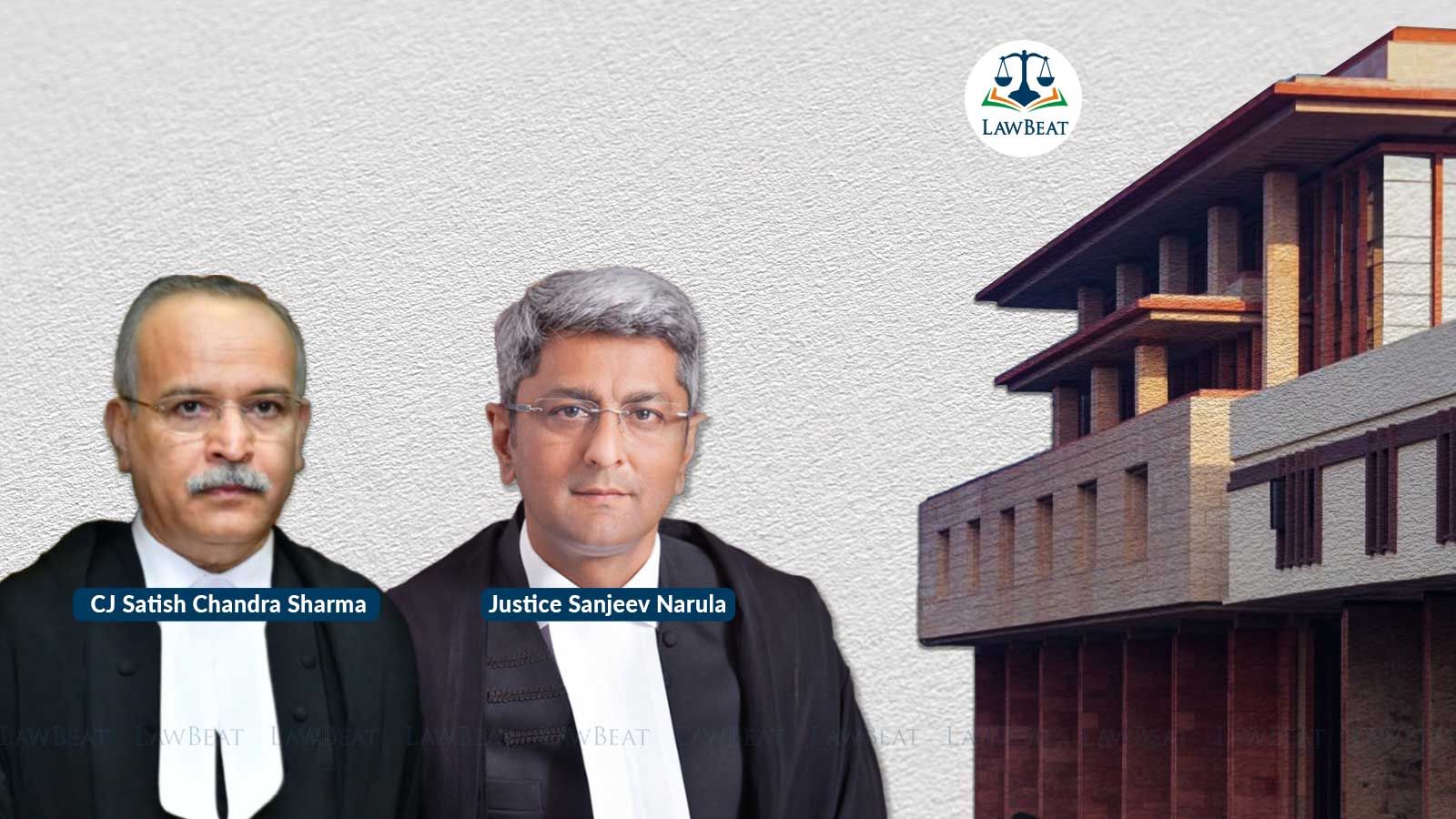Cases clogging court, Prepare time-bound action plan for implementation of ‘National Litigation Policy’: Delhi High Court to Centre

In this era of rapid technological and social change, where global best practices are constantly evolving and expectations of citizens are on the rise, the court said it is paramount for the government to not just react, but to be proactive, adaptive, and forward-thinking
Noting that overwhelming majority of cases currently clogging the judicial system involve either the Central Government, State Governments, or public sector undertakings (PSUs), the Delhi High Court has recently ordered the Centre to prepare a time-bound action plan for implementation of the ‘National Litigation Policy’ .
National Litigation Policy, which was conceived in October 2009 with the objective to bring down the litigation from government agencies, has remained in draft stage.
The court was hearing batch of appeals, stemming out from orders passed by the Railway Claims Tribunal as also the Trial Court qua a property dispute involving the Cement Corporation of India Limited, a public service undertaking. While deciding the matters on merits, the Court was deeply anguished by the approach adopted by the Indian Railways and Cement Corporation. Specifically, the fact that they resorted to "unfounded arguments and false assertions" raised serious concern, sufficient to agitate judicial conscience.
A division bench comprising Chief Justice Satish Chandra Sharma and Justice Sanjeev Narula noted, "More than a decade has passed since the discussion on the issue of a litigation policy commenced and it is unclear as to when the proposed framework or guidelines will be in place".
“The government must prepare a time-bound action plan for implementation of the ‘National Litigation Policy’ or the guidelines that are under contemplation”, the bench said.
The division bench said that the government as the largest litigant in the country, bears an intrinsic responsibility — a duty that goes beyond traditional roles. It is expected to be a beacon of propriety, setting precedents in litigation ethics, fairness, and judicious use of resources. “An effective litigation policy or guideline is not merely an administrative tool; it is a powerful statement of intent, reflecting the government’s unwavering commitment to the rule of law, equity, and justice”, it added.
In this era of rapid technological and social change, where global best practices are constantly evolving and expectations of citizens are on the rise, the court said that it is paramount for the government to not just react, but to be proactive, adaptive, and forward-thinking.
The court noted that while the Union Minister has indicated that guidelines and policies are under preparation, it is imperative to note that the government need not wait for formal documentation to instil an ethos of accountability and reduce unnecessary litigation.
Even the most meticulous policies will serve little purpose if they remain confined to paper and effective governance doesn't always stem from formalized guidelines; often, it arises from a cultural shift within an institution, it said.
“Therefore, nothing precludes the government from embracing the principles we have suggested here. These practices can serve as an interim framework and should be adopted as precursors to formulation of formal policy after due deliberation with experts/ stakeholders. After all, the essence of any policy lies in its implementation; a well-drafted policy is merely the blueprint, the actual structure comes to life only when the tenor it promotes is adopted and internalized within the governing body”, the court held.
“Registry is directed to communicate a copy of this judgment to the Secretary, Ministry of Law & Justice, Government of India, for necessary action. Further, it is also felt appropriate to also transmit a copy of this judgment to Secretary, Department of Law, Justice & Legislative Affairs, Government of NCT of Delhi, for due consideration”, the court said in its order dated September 22.
Case Title: Union of India v. Ms. Kiran Kanojia (a batch of connected matters)
